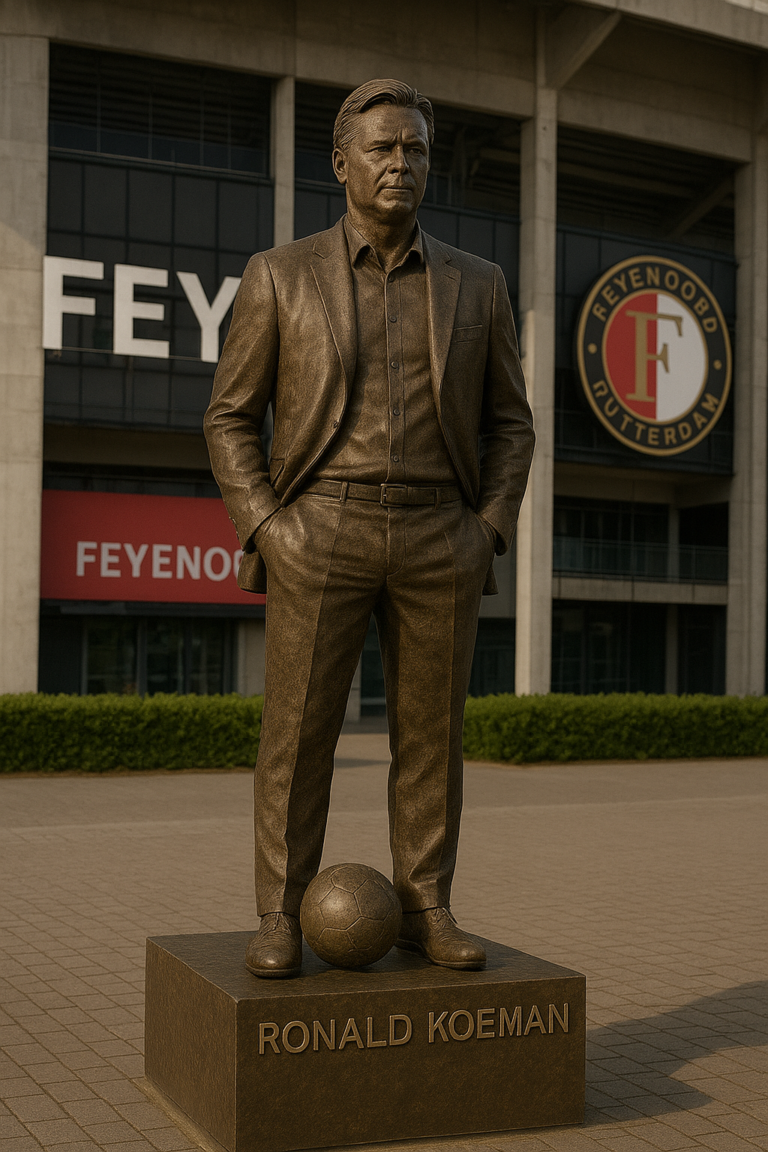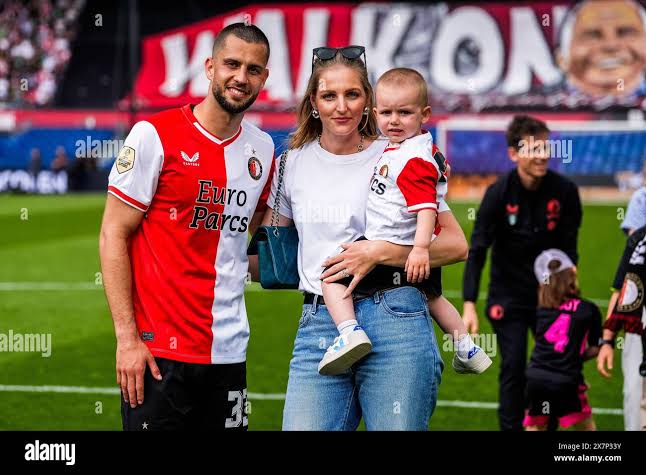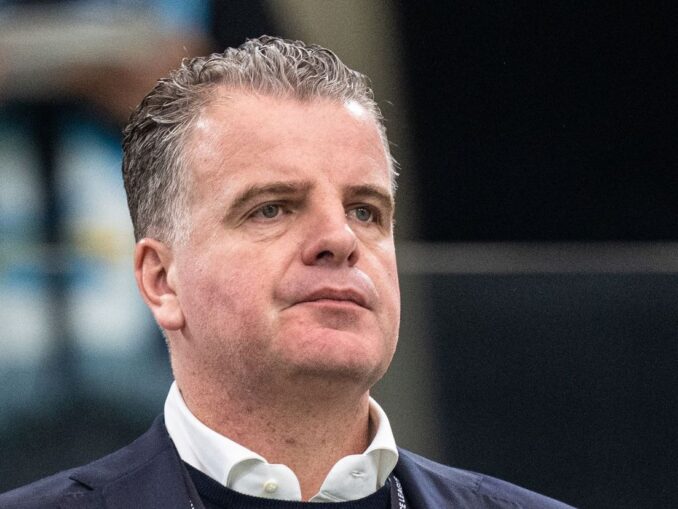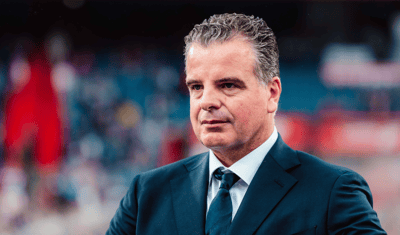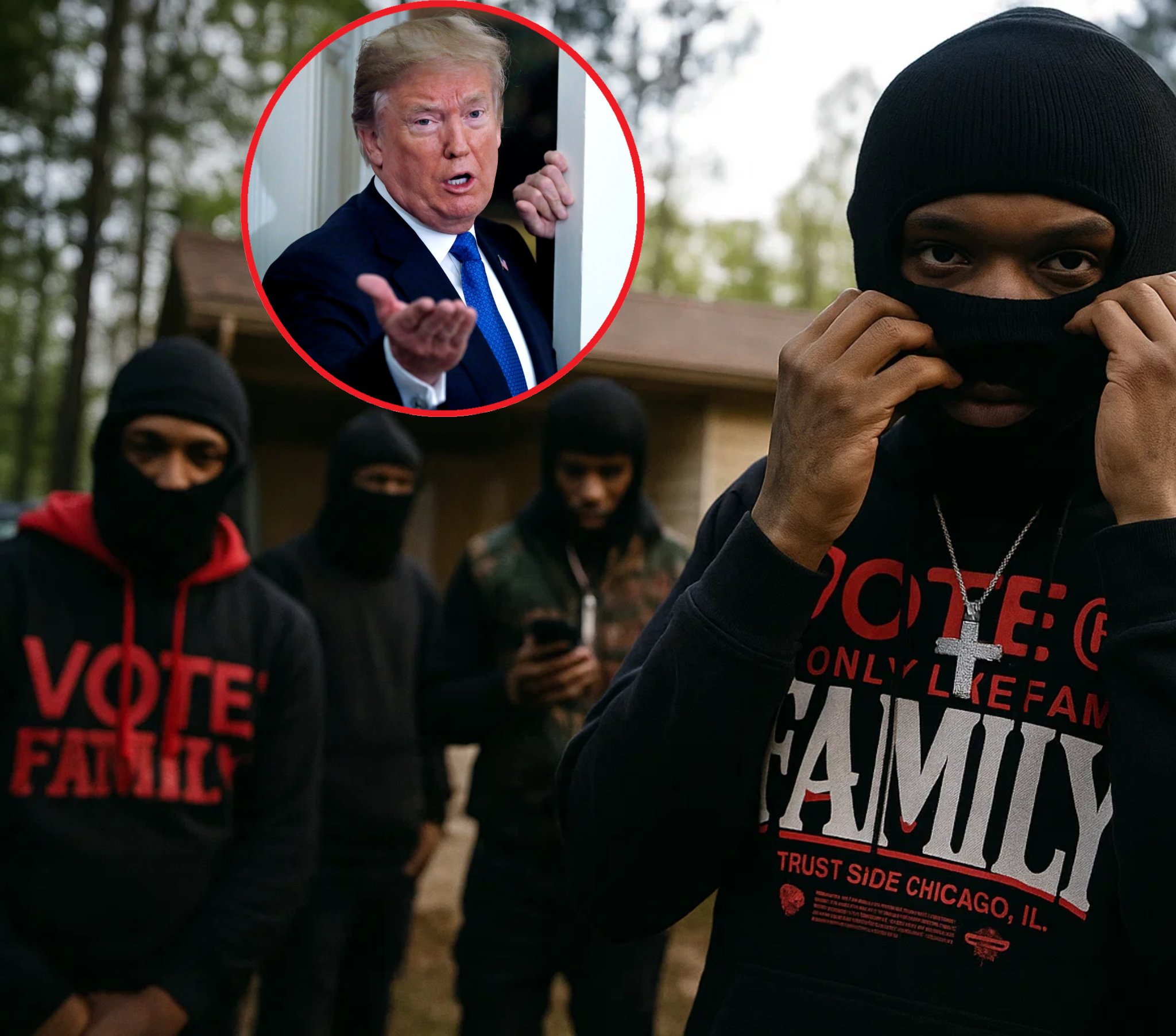
President Donald Trump has once again drawn national attention to the issue of violent crime in Chicago, declaring the city the “Murder Capital of the World” after a deadly Labor Day weekend. According to local authorities, at least 54 people were shot over the holiday period, seven of whom died from their injuries. The spike in violence has reignited debates over public safety, gun control, and law enforcement policies in major American cities.
Trump’s comments came during a public statement in which he criticized city officials for what he described as a failure to protect residents from escalating crime. He emphasized the contrast between Chicago and smaller cities or towns with lower crime rates, arguing that the level of violence in the city was “unacceptable” and indicative of broader national issues. The former president has repeatedly highlighted urban crime in his political messaging, framing it as a consequence of failed leadership and policies at both the local and federal levels.
Chicago’s police department confirmed the shootings, noting that many incidents involved firearms and occurred in high-density neighborhoods. Law enforcement officials stressed the challenges they face in curbing violence, pointing to factors such as gang activity, illegal gun trafficking, and socioeconomic disparities. Community leaders have also weighed in, calling for a combination of law enforcement, community programs, and mental health resources to address the root causes of violence.
While Trump’s statement focused on labeling the city as the “Murder Capital of the World,” experts caution that such language, while attention-grabbing, may oversimplify a complex problem. Violent crime rates fluctuate based on a variety of factors, including economic conditions, policing strategies, and social interventions. Analysts note that Chicago, like many large metropolitan areas, faces systemic challenges that cannot be resolved solely through rhetoric or punitive measures.
The Labor Day weekend shootings are part of a broader trend that has seen urban violence rise in certain cities across the United States. Public safety advocates argue that comprehensive strategies are needed to reduce crime, including investments in youth programs, education, and community engagement, alongside traditional law enforcement efforts. Conversely, political figures like Trump often highlight immediate security measures and stricter law enforcement as essential responses to violent crime.
Residents of Chicago expressed mixed reactions to Trump’s remarks. Some welcomed the national attention on the city’s struggles with gun violence, hoping it might spur action or federal assistance. Others criticized the former president for politicizing a tragic situation, arguing that his comments could exacerbate negative perceptions of the city while ignoring the underlying socioeconomic issues.
As debates over crime policy continue, the Labor Day weekend shootings serve as a stark reminder of the urgent need for solutions that balance public safety with community development. Whether through local initiatives, federal support, or policy reforms, addressing the root causes of violence remains a central concern for Chicago officials and residents alike.
Trump’s declaration may further polarize the national conversation, but it undeniably spotlights the ongoing challenges faced by Chicago and other major cities grappling with gun violence. With the country watching, the response from local authorities, lawmakers, and community leaders will be closely scrutinized in the coming weeks.



